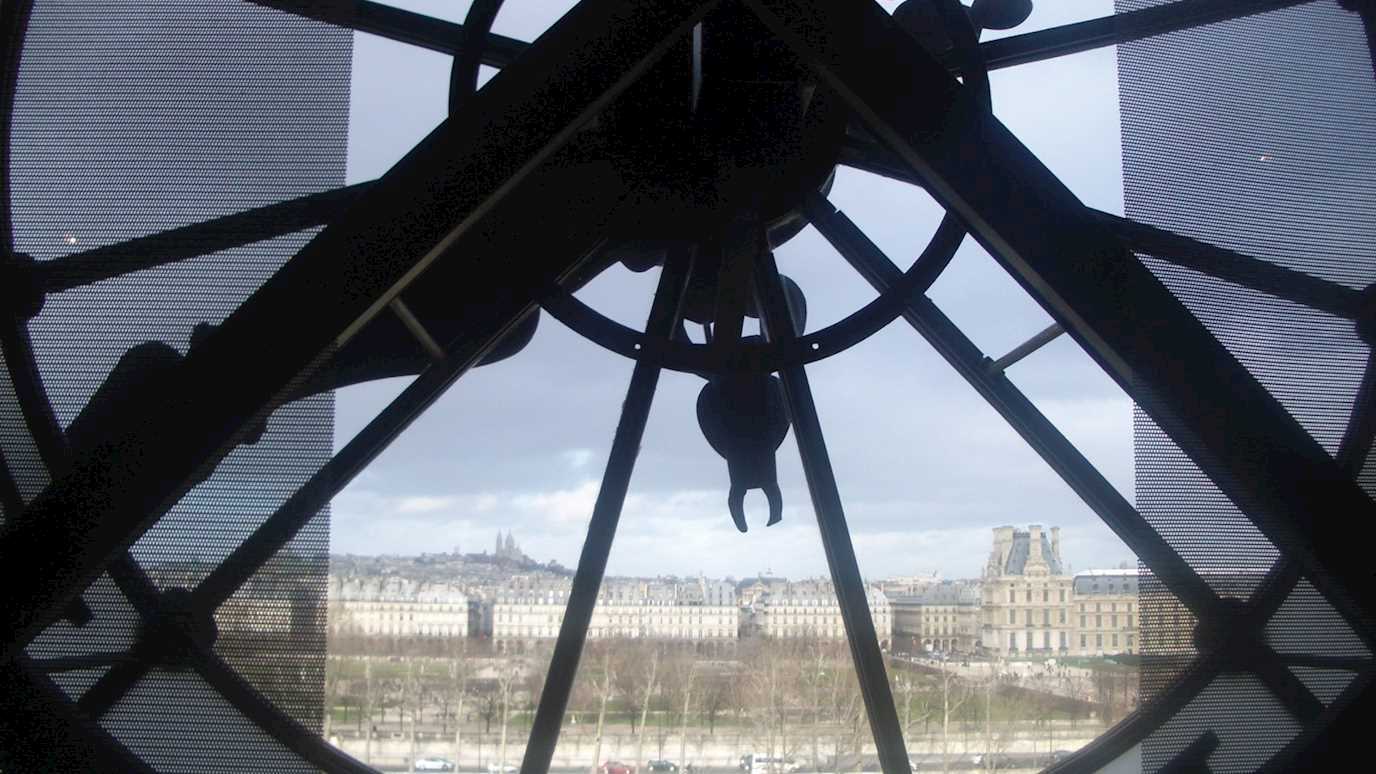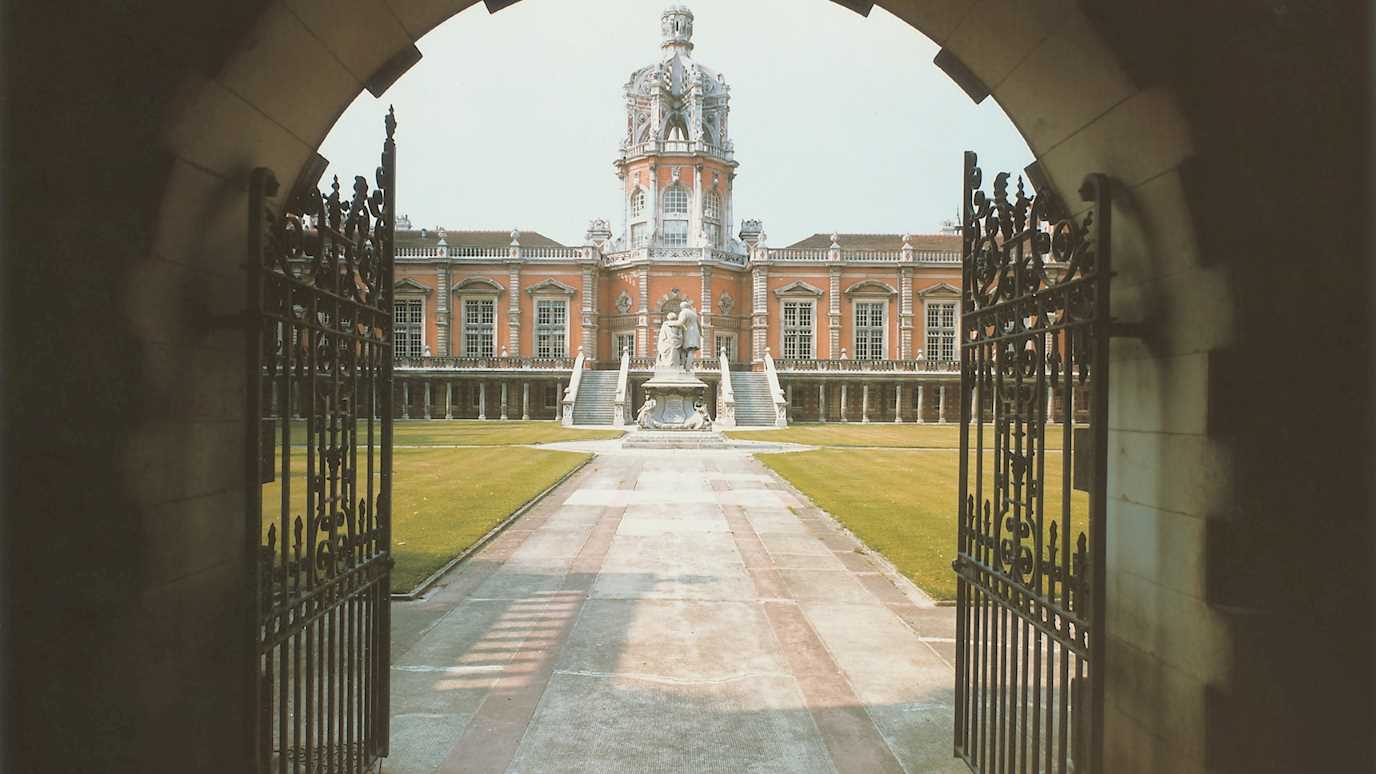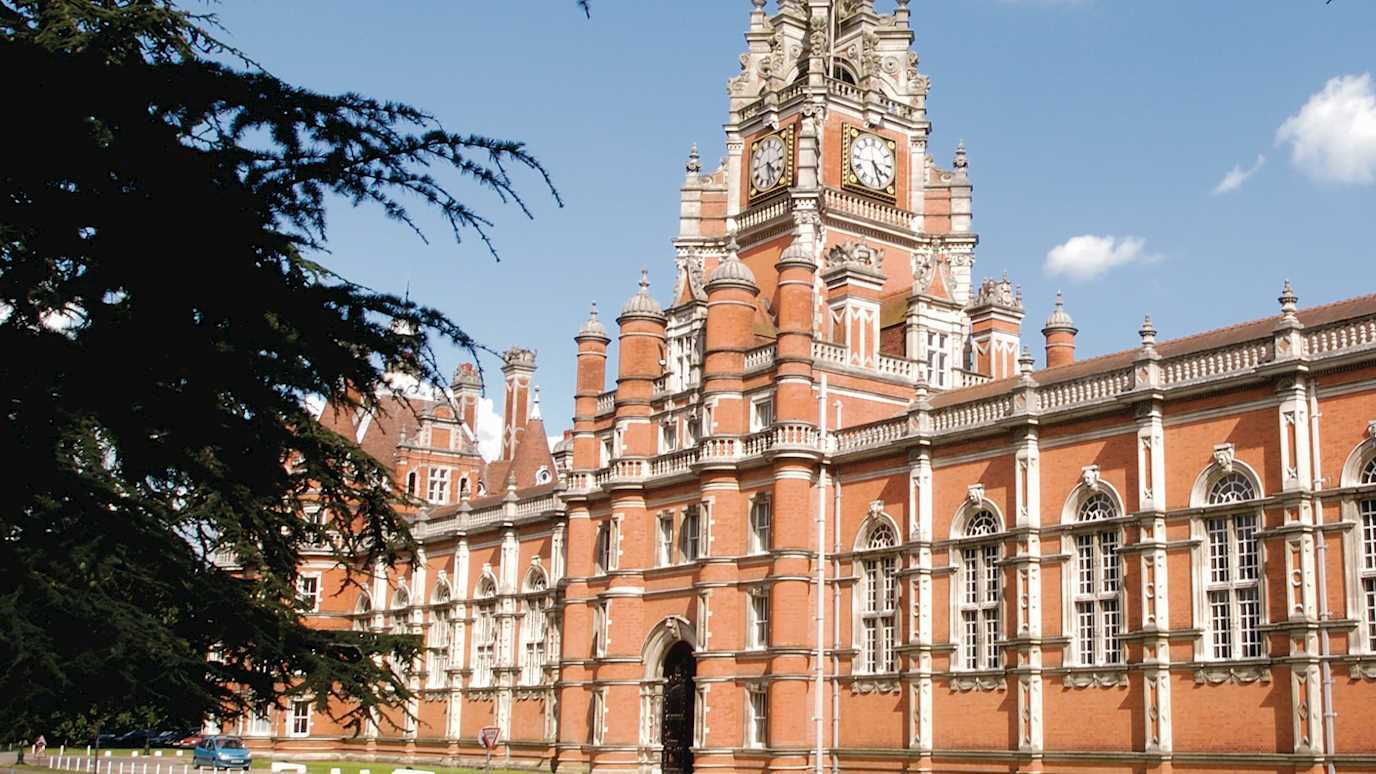Our Contemporary Britain modules are specifically designed for international students, both native and non-native speakers of English.
They aim to:
- give you an understanding of culture and society in the UK from the immediate post-war period to today
- help you understand how arts and humanities subjects are studied at first year undergraduate level in a British university.
- encourage intercultural reflection in you as visiting students, as you consider the differences and similarities between your 'home' culture/s and life in the UK.
Each course is a 15 UK credit module (7.5 ECTS), but can also be taken as an 'audit' option (i.e. students attend and participate in classes but don't take assessments).
How are the courses structured?
- Each module will cover two or three themes.
- You’ll have a weekly lecture and seminar and will also be expected to study for at least ten hours a week on your own.
- We’ll expect you to make a significant contribution to the weekly seminar, so helping both your own and your fellow students’ learning.
- Texts will range from novels, poems and films to textbooks,documentaries, government papers and news articles.
- Each module involves one trip to a place relevant to themes studied, e.g. The House of Parliament, or a local government building or a theatre or art gallery. NB trips are funded by the student, but costs will be kept to a minimum through student rates and group offers.
How will I be assessed?
We will assess you on:
- A written essay (60%)
- A short presentation/seminar discussion (30%)
- Weekly online study tasks (10%).
What Contemporary Britain modules are available?
Here are brief descriptions of the Contemporary Britain modules currently available:
CE1701 – Government & Citizenship (autumn term)
This module examines political parties in the UK, the relations between the four constituent countries (England, Scotland, Wales and Northern Ireland), and the issues relating to Scotland's devolution and independence. It considers the legacy of Margaret Thatcher and Tony Blair as well as more recent political leaders, and also the complexities of UK's sovereignty, including relations with the EU and the ongoing consequences of Brexit. See module specification here.
CE1752 – Feminism & Multiculturalism (spring term)
The module focuses on two key themes, feminism and multiculturalism, and traces the way these discourses have shaped fresh understandings of what it means to be 'British'. Students will examine the work of key contemporary writers such as Caryl Churchill, Hanif Kureishi and Bernardine Evaristo and will be encouraged to make connections between these works and contemporary theory on feminism, cultural studies and multiculturalism. See module specification here.
Further notes
- If English is your first language, please consult with the Programme Leader, Dr Jan Kosecki, before you enrol - Jan.Kosecki@rhul.ac.uk
- If you have a disability which you feel we need to be aware of or require special access arrangements, please email us at: CeDAS@royalholloway.ac.uk
Need to improve your English?
Our Pre-sessional English language programmes can bring your English up to the level you need to join us at Royal Holloway. Please email studyabroadstudents@rhul.ac.uk for more details.
Contact us
Need guidance choosing your modules? Contact us at studyabroadstudents@rhul.ac.uk - we’re here to help you.























